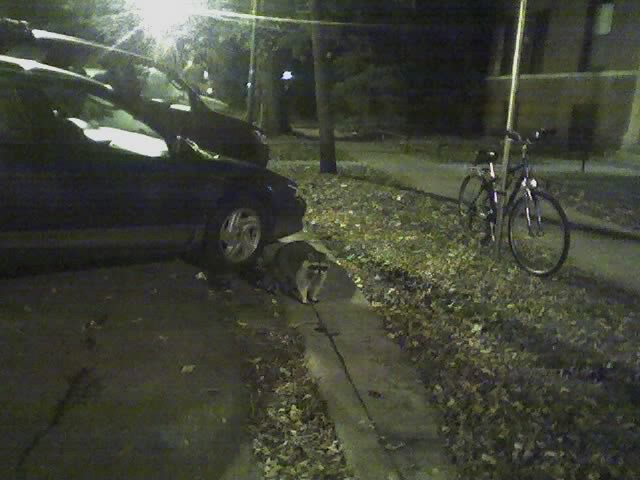In the 1960s, boys wanted to be firemen or policemen, and girls wanted to be nurses or teachers.
Except me.
I didn’t know what I wanted to be. I didn’t know what it meant to “be” something. I never thought about adults or what they did all day, even the teachers I saw every day. I didn’t know what my father did when he went to work; I knew only when he left and when he returned. Once in a while, he would come home with a cut or scrape, but I never learned how they came about.
As I grew older, I figured out that doctors and lawyers had more money, but I couldn’t say why. I was naive about socioeconomic status and based my own affections on the merits of the person before me, not on what their father did for a living or how much money he made.
In college, I learned the importance of status and money to others. A young woman in my dormitory asked me what my father did before his retirement. Still unclear as to his exact job, I said he worked for Ford Motor Company. “Was he a VP? Of what?” she asked. I didn’t know what a VP was or did, but I told her what I did know, that he worked in shipping, in the rail yard. Her eyes and facial expression changed. “Oh, he was a worker,” she said dismissively. Neither she nor anyone in her circle of friends spoke to me again. In addition to being the child of a mere worker, I must have seemed the height of stupidity and social ineptitude. Later I would see the campus communists protesting speakers and would think, “What do they know of workers?” I seemed to be alone.
I thought about this the other day when I did a keyword search and came across job listings in health care. Registered nurses, licensed nurses, administrators, directors of nursing — all the usual health care positions.
For some reason, the position of “case manager” caught my attention. No one at age 6 wants to be a case manager. No one at age 6 has heard of a case manager. As with nursing and many other fields, to be a case manager requires specific education, training, and experience. At some point, you have to decide to become a case manager and then you must prepare for it. It’s a long-term commitment, different than becoming a store cashier or a call center operator. If you are a case manager, you are a case manager — your commitment, at least for now, has made the profession part of your identity.
This may be where I get hung up on career choices. I can’t get past thinking of careers as functions that society needs performed. To me, it’s something that someone pays you to do and that you perform so you can do what you really want to do — whether that’s buying a house and having a family, collecting lovely things, traveling to exotic or exciting places, or following your academic dreams.
Specialized functions seem so limiting to me. I don’t mind writing copy, but I don’t want to be thought of as a copywriter because I can do so many other things. I learn quickly and thoroughly, and I think strategically. I come up with ideas and develop solutions to problems. I’m a good judge of people. I can earn the respect of people of diverse personality types.
There are things I’m terrible at, too. I don’t have the patience for advanced math or physical sciences. I’m not mechanically inclined; in fact, I’m dimensionally impaired. I’m introverted, so I would not do well at anything that requires an outgoing personality, for examples, fund raising or sales. Authority and top-down discipline are antithetical to me; I could not succeed in the military, on the police force, or as part of any bureaucracy.
I have a clear idea of who and what I am, and of who and what I am not. If I remember accurately, my dad’s official position was “checker.” My current official position is “senior copywriter.” Just as my dad was much, much more than a “checker,” I am more than a “copywriter.” I chafe, I think, because the guardian types who tend to be in charge in any organization prefer to see people in terms of function instead of possibilities, and because i have not taken enough risks to find a function that focuses on my abilities, capabilities, and interests, not tasks.
There must be something comforting in knowing that you are a good case manager, that there will be a foreseeable need for case managers (or at least their talents, knowledge, and skills), and that there is little or nothing else you would rather do. You have a plan, a certain amount of job and financial security, and perhaps a general sense of contentment that balances the day-to-day frustrations any job brings.
I have but a vision — and it’s blurred, scary, and forever elusive.
And so I continue my function, paralyzed by inertia, never happy, always discontent and unfulfilled, forever dreaming.

